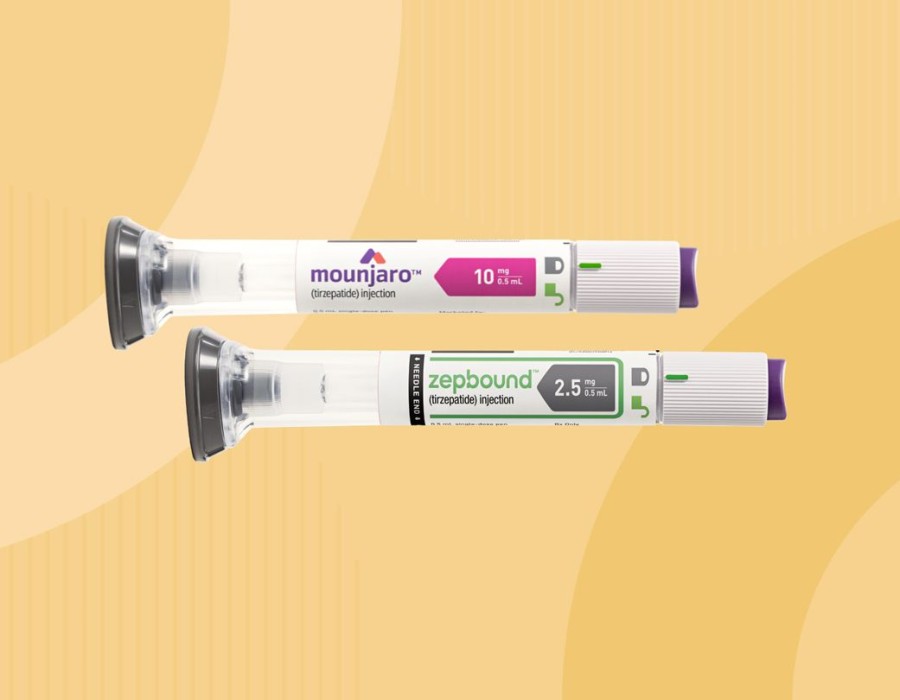In the evolving world of weight loss treatments, two names have gained considerable attention: Zepbound and Mounjaro. Many people looking to shed excess weight and improve their health are asking the critical question — are these two medications the same, and if not, how do they differ? Understanding the similarities and distinctions between them is key to making an informed decision. For those exploring advanced medical options like Zepbound/Mounjaro For Weight in Dubai, it’s important to have clear and factual insights into both treatments.
What Is Mounjaro?
Mounjaro is the brand name for tirzepatide, a prescription medication originally developed to treat type 2 diabetes. However, its powerful effect on body weight quickly caught the attention of the medical community. Tirzepatide works by mimicking the effects of two gut hormones: GLP-1 (glucagon-like peptide-1) and GIP (glucose-dependent insulinotropic polypeptide). Together, they regulate blood sugar levels, slow digestion, and reduce appetite. As a result, many users experience a significant decrease in body weight over time.
Due to its unique dual-action mechanism, Mounjaro has become one of the most promising options for weight management, especially for individuals with obesity or weight-related health concerns.
What Is Zepbound?
Zepbound is also a formulation of tirzepatide — meaning, yes, it contains the same active ingredient as Mounjaro. However, the key distinction lies in its official approval and branding. While Mounjaro was first approved for managing type 2 diabetes, Zepbound was later authorized specifically for chronic weight management in individuals with obesity or who are overweight with a weight-related health condition.
This FDA approval for weight loss sets Zepbound apart in terms of how it’s prescribed and marketed. The formulation, dosage strengths, and delivery method are similar to Mounjaro, but its intended medical use is specifically centered on helping people lose weight.
Are Zepbound and Mounjaro Interchangeable?
Technically, since both Zepbound and Mounjaro contain tirzepatide, they may produce similar results in terms of weight reduction. However, they are not automatically interchangeable due to regulatory guidelines. Each is approved for a distinct medical purpose: Mounjaro for blood sugar management in diabetes, and Zepbound for weight loss. That difference can affect how healthcare providers prescribe them, the insurance coverage available, and the criteria for use.
Patients should not switch between the two without professional guidance. Even though the chemical compound is the same, the treatment goals and medical evaluations associated with each can differ based on individual needs.
How Do They Work for Weight Loss?
Both medications stimulate GLP-1 and GIP receptors in the body. These hormones play a major role in reducing appetite and food intake. They also delay gastric emptying, which helps people feel full for longer after meals. The result is often a significant reduction in caloric consumption without the user feeling deprived.
Moreover, the dual-action mechanism of tirzepatide enhances insulin sensitivity and reduces cravings, which helps sustain weight loss over time. Many users report not just physical changes but also shifts in their relationship with food, including fewer binge-eating episodes and better portion control.
Side Effects to Consider
As with any medication, Zepbound and Mounjaro can cause side effects. The most common include nausea, vomiting, diarrhea, and constipation, especially when treatment begins or the dosage increases. Most of these symptoms tend to subside as the body adjusts.
It’s important to note that these medications are not magic pills. They should be used as part of a comprehensive approach to weight loss that includes healthy eating habits and regular physical activity. Those who see the best results are often the ones who combine medication with lifestyle changes and ongoing medical monitoring.

Choosing Between Zepbound and Mounjaro
The choice between Zepbound and Mounjaro depends largely on your medical history and weight loss goals. If you're managing type 2 diabetes and also looking to lose weight, Mounjaro might be the preferred option. If your primary goal is weight loss without diabetes, Zepbound may be more appropriate due to its specific approval for that purpose.
Regardless of the path you choose, it’s essential to consult with a qualified health professional. They can assess your medical profile, provide personalized guidance, and determine the most suitable medication and treatment plan for you.
The Future of Weight Loss Medications
The success of Zepbound and Mounjaro represents a shift in how we approach weight management. For years, the conversation around obesity has been focused on willpower and lifestyle alone. Now, science is opening the door to a more nuanced, compassionate, and effective approach to achieving a healthy weight.
More research is underway to examine long-term outcomes, safety, and how these medications can be integrated into broader public health strategies. As more data emerges, the future looks increasingly optimistic for people struggling with obesity.
For residents and health seekers exploring Zepbound/Mounjaro For Weight in Dubai, understanding the science, differences, and real-world applications of these medications is crucial. Knowledge empowers people to make smart choices that align with their long-term wellness goals.
In conclusion, Zepbound and Mounjaro are closely related but serve different medical purposes. Both harness the power of tirzepatide to help manage weight effectively. Whether you're considering one or the other, a thorough evaluation and professional support can help guide the way to healthier living with the aid of Zepbound/Mounjaro For Weight Dubai.





Comments